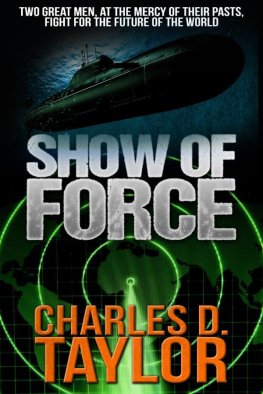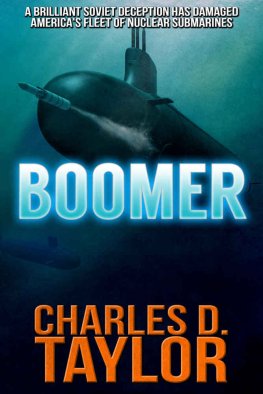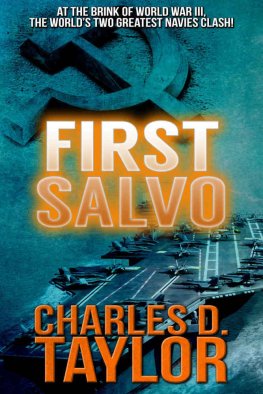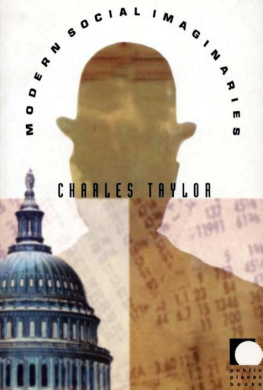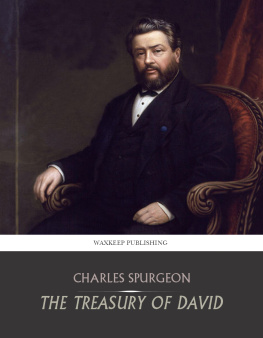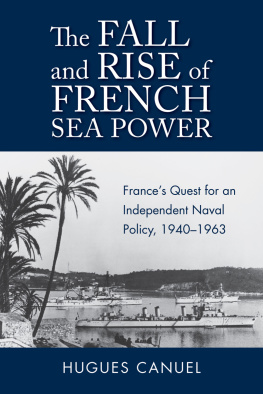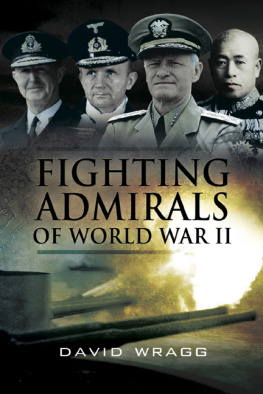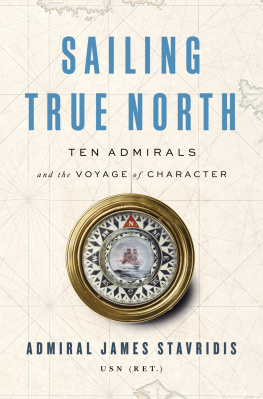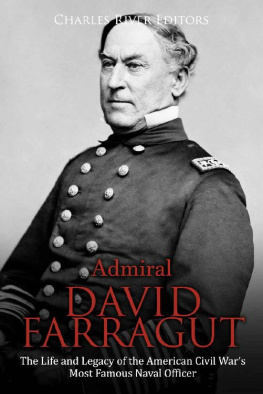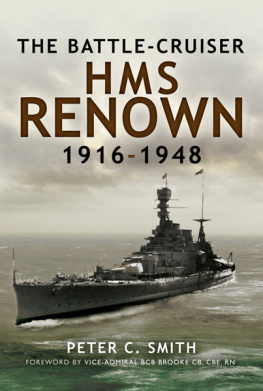Charles D. Taylor
Show of Force
CONFRONTATION EXPLODES INTO VIOLENT BATTLE AS THE SUPERPOWERS CLASH AT SEA. AND TWO GREAT MEN, AT THE MERCY OF THEIR PASTS, FIGHT FOR THE FUTURE OF THE WORLD
The time is now. In the Indian Ocean the largest, most powerfully equipped naval forces in history confront each other over a small strategic island.
As satellite communications with Moscow and New York are destroyed, the Russian and American commanders are drawn into an escalating combat-gradually unleashing the fearsome firepower of modern technological warfare.
Fighters scream off the decks of the nuclear carriers. Computers plot and predict the missile systems' targets. And suddenly a massive sea battle threatens to reach the point of no return.
Come on now, all you young men, all over the world. You are needed more than ever now to fill the gap of a generation shorn by war. You have not an hour to lose. You must take your place in life's fighting line. Enter upon your inheritance.
SIR WINSTON CHURCHILL
While England Slept 1936THE NAVY HYMN
Eternal Father, strong to save,
Whose arm doth bind the restless wave,
Who bid'st the mighty ocean deep
Its own appointed limits keep;
O, hear us when we cry to thee,
For those in peril on the sea.
WILLIAM WHITING 1860
I belong to a professional organization that provides an unofficial forum for the exchange of ideas about the development and improvement of the Navy, the United States Naval Institute. This has given me access to a continual flow of information from both their monthly publication, Proceedings, and the following titles from their fine list of books: The Ships and Aircraft of the U.S. Fleet by Norman Polmar, Guide to the Soviet Navy, 2nd edition, by Siegfried Breyer and Norman Polmar, Red Star Rising at Sea and The Sea Power of, the State, both by Admiral of the Fleet of the Soviet Union Sergei G. Gorshkov, and The U.S. Navy, An Illustrated History by Nathan Miller, published jointly with American Heritage.
Also of great value were The Unknown War by Harrison Salisbury (Bantam), Russia at War, 1941 I945 by Alexander Werth (Button), and Supership by Noel Mostert (Knopf).
A brief thanks to Candy's ten and a half fingers.
There are a number of close friends (whom I hope will remain so) from my own Navy days who will find themselves making brief appearances, generally in different bodies and personalities than their own. There are also three men who gave freely of their time to open up a very different world to me and many other young reserve officers. While their names are not used, they appear throughout with a great deal of respect: John C. Powell and William McDonald, former commanding officers of U.S.S. Glennon (DD-840) and William Morgan, former commanding officer of U.S.S. Cony (DD-508).
To everyone on the bridge of the U.S.S. California, David Charles offered an impression of total relaxation. He was slumped in his chair with his feet propped up on the open wing near the starboard lookout. His grayish blue eyes were open, but he squinted enough in the bright sunlight so that he could have dozed without being noticed. Actually, he had been following a cloud on the horizon, using a point on the forward launcher as a target for the cloud. Either the ship wasn't moving, or the cloud was moving just as fast as the ship, or perhaps he was moving his head enough so that the launcher and the cloud remained in line. It really didn't make much difference to him. His purpose was to simulate deep thought, so no one would bother him. What he often forgot was that he was an admiral and Task Force Commander and no one would speak to him anyway unless spoken to first.
He was thinking, too. He was digesting each of the reports on the last printout from Washington. A slight malfunction in the receiving unit occasionally turned the message into the jibberish that would appear for anyone intercepting them. But there were plenty of ensigns to put to work decoding when the unit had a problem. Most of the material he had read contained information on the Soviet submarines and their various locations. While there was one conventional-powered sub off the Gulf of Oman, the rest were nuclear and had no time limitations or dependency on supply. The reports contained the normal information: name of each boat, commanding officer's bio, number of crew and their experience, weapon load, port of departure and number of days at sea (which would be wise to keep track of), and time on station. Admiral Charles knew that there would be an immediate revision if any "change of station beyond ten miles occurred. Less than that made no difference. Each of his torpedoes could find anything within that range that exhibited the same noise signature programmed into the target acquisition module in its nose. Tapes of each sub's sounds were ready to be recorded in any of the torpedoes.
Why, he wondered, was there a conventional boat out there, blatant as hell? Was it just a trick? a decoy? or would it eventually serve some purpose that the War Games people at Johns Hopkins hadn't programmed yet?
The cloud disappeared from view as the bow rose slowly on a long swell. Just as gradually, it reappeared, seeming to rise by itself as the bow slid down the opposite side of the swell. Two more swells followed until the ship gradually regained its stability. Charles looked to his left at the members of the bridge watch. None of them seemed to have noticed the change in motion. Or perhaps, he thought, so many of them have never been in a situation like this before that they're all lost in thought, too.
He tried to catch a seaman's attention, then quietly called, "Messenger."
A young boy, not really a boy but the youngest one in the section, came immediately to his side, saluted and stammered, "Y-yes, sir." He had little experience talking to admirals.
The Admiral removed his starched garrison cap, rubbing the two gold stars on his shirt. It was a habit he rarely noticed, as was the way he ran his left hand through his dark, slightly curly hair. Even though it was cut short, and there were tinges of gray around his ears, he looked younger than most admirals since most of his hair still remained.
"Son, I'd like a mug of coffee, black from the forward control room, not the wardroom. And, while you're on the way, would you ask Commander Dailey to come to the bridge."
The young sailor saluted again. "Aye, aye, sir," and backed away, almost tripping over the raised coaming of the pilothouse hatchway. David smiled to himself, making a mental note to have Bob Casey, the California's CO, tell his senior watch officer to ease up on the enlisted men a bit. While they were in wartime conditions, taut nerves could cut down on reaction time. The crew could be sharp without being stiff. He knew no one liked having a flag on board, especially when there really wasn't room for an admiral's staff. All of them, including him, would be glad when Nimitz joined up and he could transfer his flag to the aircraft carrier.
After standing up and stretching, he moved into the pilothouse for a moment and checked the other ships on the radar screen.
There was no reason to undergo radar-emission control since the Russians knew exactly where they were, and what they were doing. There were five other ships in an extended circle around an imaginary guide in the middle, each far enough from the other to avoid any structural damage from a nuclear attack on one of them. He glanced around at the various watch-standers, all of whom were making themselves busy for his benefit. The officer of the deck lifted his binoculars to his eyes rather than appear to be staring at the man with the stars on his collar.

